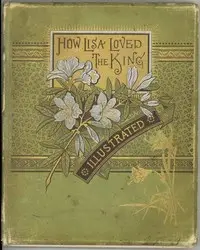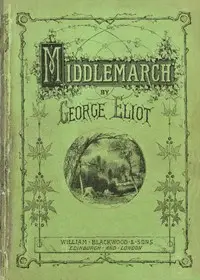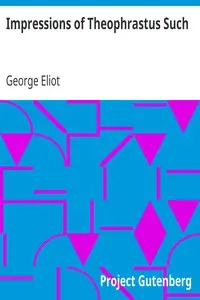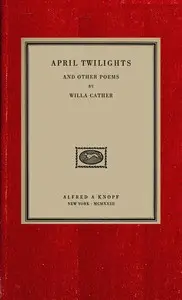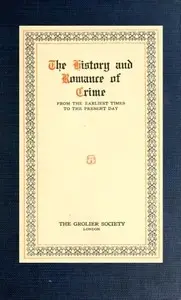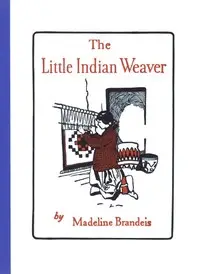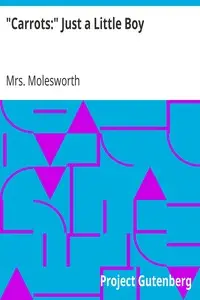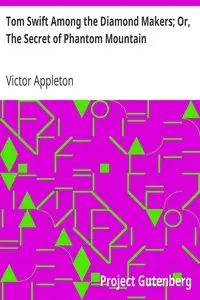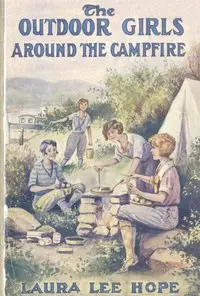"Tom and Maggie Tulliver" by George Eliot is a novel written in the late 19th century. The story revolves around siblings Tom and Maggie Tulliver, exploring themes of childhood, family dynamics, and the quest for identity in a rural English setting. The narrative begins with the Tulliver family's discussions about education and upbringing, particularly focusing on the expectations placed on Tom and Maggie by their father, Mr. Tulliver. The opening of the novel introduces the Tulliver family dynamics, particularly the father’s desire for his son Tom to receive a good education and be successful beyond the family mill. Mrs. Tulliver expresses her concerns regarding the upbringing of both children, highlighting contrasting views on Tom and Maggie's abilities. Maggie is portrayed as a spirited child with a vivid imagination and a sense of adventure, while Tom is depicted as the dutiful son. The narrative sets the stage for their individual journeys and the complexities of their relationship, hinting at the challenges they will face in reconciling their desires with familial and societal expectations. (This is an automatically generated summary.)
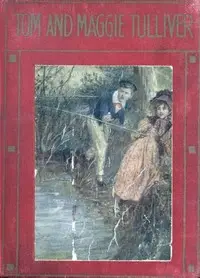
Tom and Maggie Tulliver
By George Eliot
"Tom and Maggie Tulliver" by George Eliot is a novel written in the late 19th century. The story revolves around siblings Tom and Maggie Tulliver, exp...
Mary Ann Evans, known by her pen name George Eliot, was an English novelist, poet, journalist, translator, and one of the leading writers of the Victorian era. She wrote seven novels: Adam Bede (1859), The Mill on the Floss (1860), Silas Marner (1861), Romola (1862–1863), Felix Holt, the Radical (1866), Middlemarch (1871–1872) and Daniel Deronda (1876). As with Charles Dickens and Thomas Hardy, she emerged from provincial England; most of her works are set there. Her works are known for their realism, psychological insight, sense of place and detailed depiction of the countryside. Middlemarch was described by the novelist Virginia Woolf as "one of the few English novels written for grown-up people" and by Martin Amis and Julian Barnes as the greatest novel in the English language.

